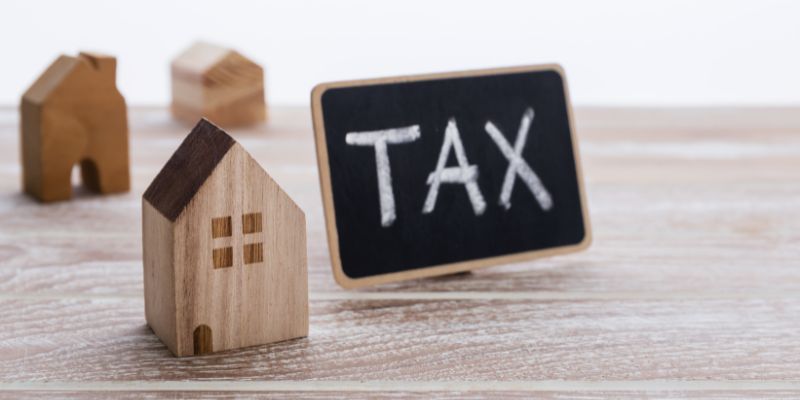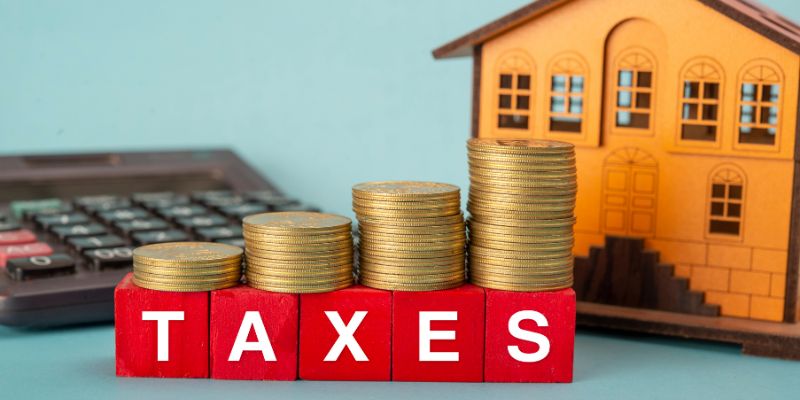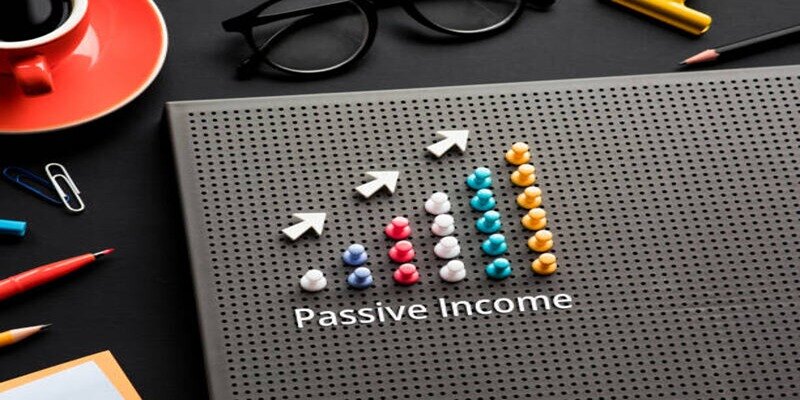Get To Know How to Buy a Property With Delinquent Taxes in 2023
Susan Kelly
Dec 01, 2023
There is a property tax that all homeowners are expected to pay, although some do not. The tax lien is placed on the real estate when a homeowner fails to pay their tax bill promptly. Before paying taxes, the homeowner cannot sell or refinance the property.
It may reach the point of a tax sale, at which point the original owner would lose the property, and the investor who bought the taxes would become the new owner. Let's go deeper into this distinction and the process of purchasing a tax-delinquent home.

Delinquent property taxes—what does it mean?
Taxes levied by the county where a person owns property must be paid annually. The United States Census Bureau reports that American families' annual property tax burden is $2,471. Understandably, some homeowners could struggle to make this payment on top of all their other monthly bills.
Those who are unable to make their annual property tax payment run the risk of losing their homes. The county can recoup the government's lost revenue by selling a tax lien certificate if the tax bill on a piece of property remains unpaid.
How to Buy Property With Delinquent Taxes?
Therefore, there are a few things you need to do to ensure you make a good investment if you want to buy a tax-sale property and take full control of it. However, you should know that the methods used to hold a tax sale might vary from county to state and state to state.

Learn the process for tax auctions in your county.
The tax sale process varies by county. There is typically no opportunity to inspect the home before purchase, and full payment is required upon closing. Please find out how they handle tax collections by contacting the county office in your area.
Research Properties
You have a few months to learn as much as possible about a prospective investment property, so use that time wisely. It's usual, for instance, for there to be additional liens on a piece of property where a tax lien already exists. This investment would be risky if other liens were already in place.
The home could be taken away from you if you decide to buy it at a tax sale but then find out there are other liens. The sale cannot go through until all liens have been removed.
Submit your bidder registration:
To participate in an auction, interested parties must first submit a bid. Learn the steps you must take to register in time.
Attend the auction and bid.
Other real estate investors at the tax foreclosure auction will be looking to make a profit. Multiple bidders will likely be on the property, so you must be prepared to move quickly. The highest bidder usually wins the bidding war for the house. Researching the neighborhood and estimating the home's potential value after renovations is crucial. Whether or not your investment is profitable depends on this.
Proceed with Your Investment
You'd better come up with the cash if you won the bidding war. All payments must be made in cash or a cashier's check. You may have a few days to settle your bill, depending on the regulations in effect in your county. However, there are auctions where payment is expected immediately.
In either case, bringing cash to the auction is a good idea. If your bid is accepted, you can easily finalize the deal. After the sale is finalized, you become the property's legal owner and can do whatever you like with the house.
Transferring the deed:
Once the sale is finalized, the county will issue a deed to the property in your name. It will make you the legal owner of the house. Once the deed is recorded in your name at the county level, the property is legally yours to do as you, please.
Why Buy Tax-Lien Property?
Tax lien properties can provide informed investors with high returns. Most investors profit from tax lien sales based on the interest rate, which varies by jurisdiction and state. If the owner doesn't pay the debt, lien investors can foreclose and take possession.
Tax deed purchases provide you with the property or more money within two years. If the homeowner redeems a tax deed, the investor gets their money back plus 25–50%. The investor can fix up the property and sell it for a profit if the owner does not come back for it.
Foreclosure sales allow investors to buy a property at a significant discount because the taxing authority is primarily interested in recovering outstanding taxes. Prepared investors can buy a property for 10–30 cents on the dollar, making a large profit with little risk.
However, don't dismiss redemption. Redeeming homeowner's pay for necessary expenses like code compliance. If an investor starts a fix-and-flip and the owner redeems, they lose their money.
Key Considerations when Buying a Delinquent Tax Property:
There is often stiff competition at tax auctions. If you are new to the tax deed market, it is easy to overspend for a property. As a result, savvy investors have limited options for a significant return.
Also, not all properties are auctioned off. The county may cancel the auction if certain conditions are met, such as when the back taxes have been paid or when the homeowner has filed for bankruptcy. It's not uncommon to spend numerous hours studying multiple homes, only to find that just one of them sells at auction. Finding a terrific investment opportunity in a property that isn't on the market is doable.
Conclusion:
Savvy investors are drawn to tax sales. However, investing in a house with unpaid taxes involves a sizable down payment and exposes the buyer to significant risks. If you don't have enough money to buy individual tax sale properties, look into mutual or exchange-traded funds (ETFs). Do your homework or talk to a financial expert before putting money into a tax sale.







